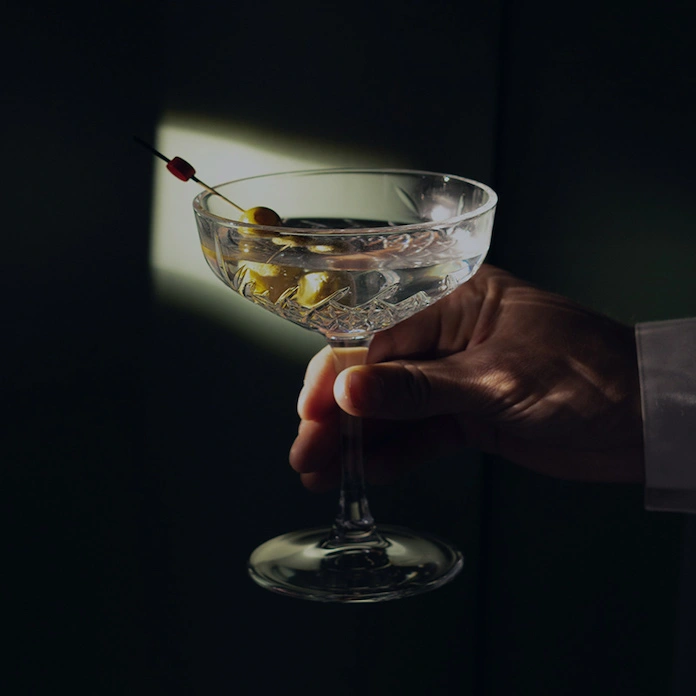

Marchesi Fumanelli Iconic Amarone Specialists

Blessed with 28 generations of winegrowing history, a special hilltop locale, and vineyards in the heart of Valpolicella Classico territory, Marchesi Fumanelli is the reference point for fine Amarone pedigree and provenance.
Their historic Squarano Estate, just eight miles from Verona, was constructed between the end of the 16th and the beginning of the 17th centuries amid ancient Roman ruins — including vestiges of a temple dedicated to the goddess Flora. Along with its stately cypress and cherry trees, Squarano is a stunning backdrop for fine wine production that also champions a thoroughly contemporary mission: to continue evolving with technology while honoring traditional production methods and tending the land with the utmost care. It is a delicate balance, and one they continue to strike beautifully.
Current proprietor and CEO Armando Fumanelli has brought to the estate a wealth of global experience from other industries. After studying political science in Switzerland and working as a trade attaché in East Africa and the Middle East, he returned to the property in 1998. Since then, he has overseen a remarkable modernization of the estate — including an ambitious refurbishment of their 15th-century cellars — and furthered Fumanelli’s reputation for crafting some of the finest expressions of the Valpolicella terroir.
Terroir
San Pietro in Cariano is one of the traditional villages in the southern end of the Valpolicella Classico zone; interestingly, while this is the flattest part of the area, the Fumanelli estate is built on one of the few hills here. This advantageous geography favors their wines, as the extra elevation produces grapes with an excellent balance of acidity, tannin, and fruit complexity. Its close proximity to Lake Garda helps to moderate temperatures and results in a mild, mostly continental climate that is protected from harsh weather by the Lessini Mountains to the north.
The soils are some of the most sought-after in Valpolicella Classico, composed of grey Eocene limestone and Basaltic tuff with a combination of clay and calcareous formations. The ochre-colored layers that follow the direction of the hill are only lightly eroded. Often, soils in the area can hold excessive amounts of moisture but the stony composition of these vineyards aids drainage and brings a notable minerality to the wines.

Viticulture
The Fumanelli family emphasize modern organic and sustainable farming practices on their 31-hectare / 78-acre estate — one of the largest and most historic in the region. They do not use pesticides and only allow drip irrigation when necessary. Beautiful local flowers and grasses are planted between the rows, encouraging biodiversity.
The estate grows varieties typical for red wines from Valpolicella: corvina, corvinone, and rondinella; they also grow garganega and trebbiano toscano for their elegantly fresh IGT white wine. Younger vines are trained on Guyot trellising, while the older vines are grown on the traditional pergola system with its overhead wires. The latter provides beneficial shade to the grape bunches and keeps the vines away from the ground, helping avoid damage from frost and disease.
The Fumanellis’ Valpolicella wines come from vines that are up to 30 years of age, while their Amarone is produced from even older vines (around 40 years old), adding even deeper complexity and concentration. To ensure the finest selection and gentle handling, grapes are all carefully harvested by hand, bunch by precious bunch.

The Marchesi Fumanelli Style
Fumanelli wines are sought-after for their precise, concentrated profile. All varieties and plots are vinified separately to maintain vineyard character. For the Amarone wines, the grapes are laid out on traditional wooden boxes for 120 days to dry, losing 35-40% of their volume and intensifying their aromas and flavors. Mostly new French oak is used in the winery, and time in barrel is carefully assessed for each wine to achieve balance, harmony, and supple tannins. The wines are all aged in the estate’s subterranean limestone cellars, which were excavated in the 15th century and painstakingly restored in 1998.









